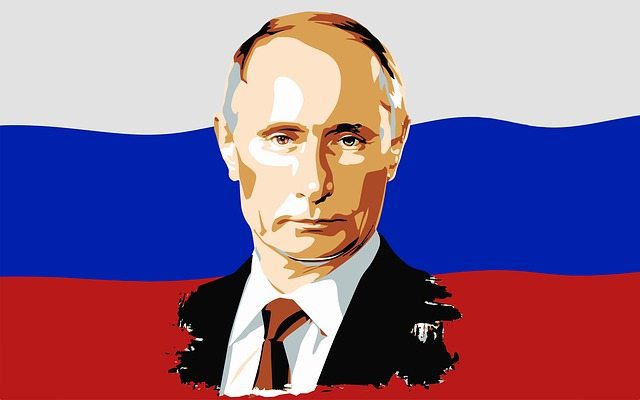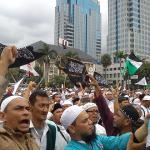Special Prosecutor Robert Mueller has issued indictments against 13 Russians and 3 Russian organizations for interfering with the 2016 presidential election.
According to the indictment, “Some Defendants, posing as U.S. persons and without revealing their Russian association, communicated with unwitting individuals associated with the Trump Campaign and with other political activists to seek to coordinate political activities.”
Working with the Internet Research Agency [a Russian organization], the defendants “posted derogatory information” about several candidates, the indictment says, and by mid-2016, their efforts included “supporting the presidential campaign of then-candidate Donald J. Trump and disparaging Hillary Clinton,” the indictment says. Beginning in April, 2016, the defendants concealed their identities in order to purchase political advertisements on U.S. social media and other online sites. These ads were paid for using Russian bank accounts and registered in the names of fictitious U.S. residents.
Starting around 2014, the defendants began to track and study groups on U.S. social media dedicated to American politics and social issues. They used metrics to track the performance of various social media groups. They then travelled to the U.S. (or in some cases, tried to travel to the U.S.) to collect intelligence for their interference operations. They posted as Americans and contacted U.S. political and social activists and learned they should target “purple” states, like Colorado, Virginia and Florida.
They created hundreds of social media accounts and used them to develop fictitious U.S. personas into “leaders of opinion in the U.S.” The defendants worked day and night shifts to pump out messages, controlling pages targeting a range of issues, including immigration, Black Lives Matter, and they amassed hundreds of thousands of followers. They set up and used servers inside the U.S. to mask the Russian origin of the accounts.
Read the rest of the report, which says that the Russian defendants had a budget of $1,250,000 per month (!), which they used to buy ads on the internet. The story goes on to cite some of the ads, some of which you will probably remember seeing!
The Russians also set up Instagram accounts purporting to be from Black activists urging African-Americans to boycott the election or to vote for Green Party candidate Jill Stein. Another Instagram account spread the word that American Muslims were boycotting the election.
The indictment, which you can read and download here, does NOT blame the Trump campaign or allege any collusion with the Russians or claim that the efforts determined the outcome of the election. Russia’s purpose was to wreak havoc and to discredit the American political system. The efforts started in 2014, long before Trump decided to run. By 2016, no one expected Trump to win, so the Russians seem to have been trying to thwart the frontrunners in both parties. Not only did the Russians discredit Hillary Clinton, they also put out material supporting Bernie Sanders and discrediting Ted Cruz and Marco Rubio. After the election, the defendants sponsored protests against Trump!
That the Russians did all of this is not the fault of Donald Trump. If it could be shown that Trump or his campaign knew about the Russian efforts and deliberately worked together with them, that would be a different story.
And yet, that election was unusually chaotic. And although no one can prove that Russian efforts threw the election to Trump, the election was extremely close and it might have.
Our elections’ dependence on paid advertising, separate from party expenditures, plus the wide-open nature of social media means that our political process is vulnerable to manipulation. How can we protect our country from this kind of foreign interference before it happens? Also, this indictment traces these subversive activities to the Russian government. How should we as a nation respond to this act of aggression against us?
Illustration by vborodinova via Pixabay, Creative Commons













